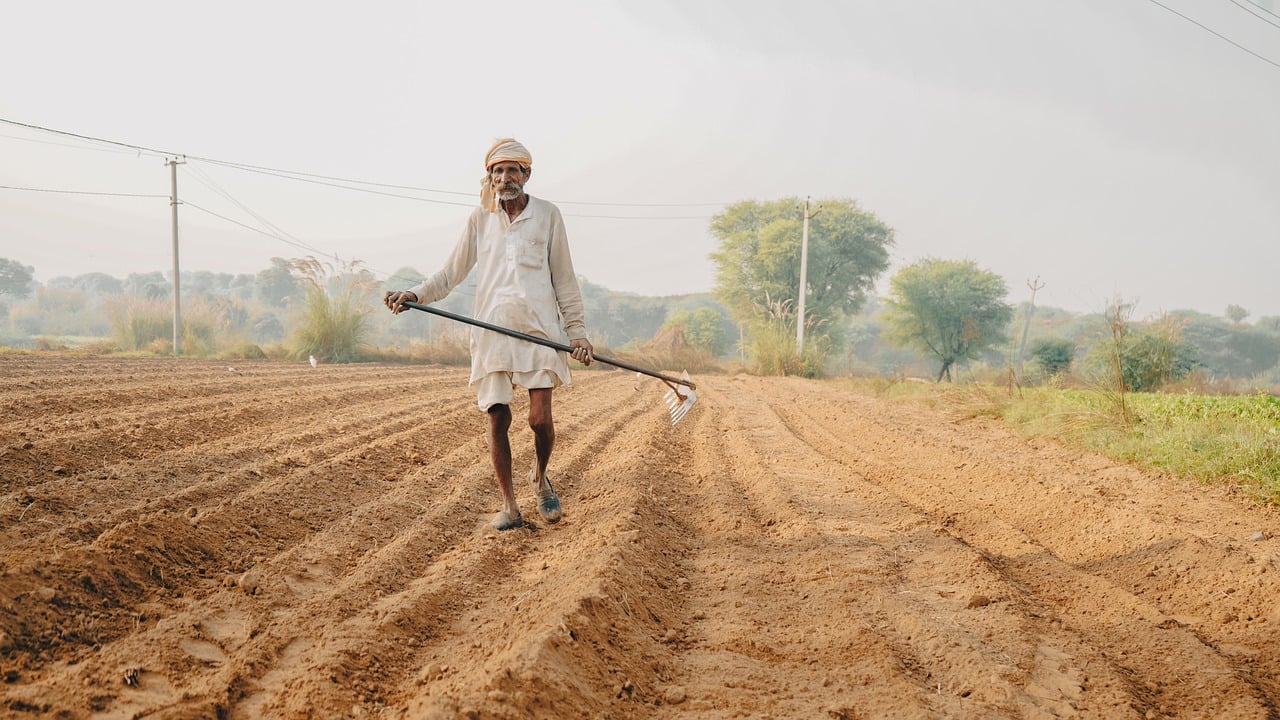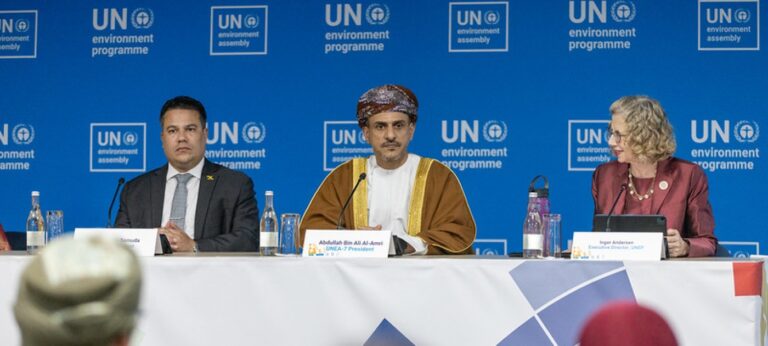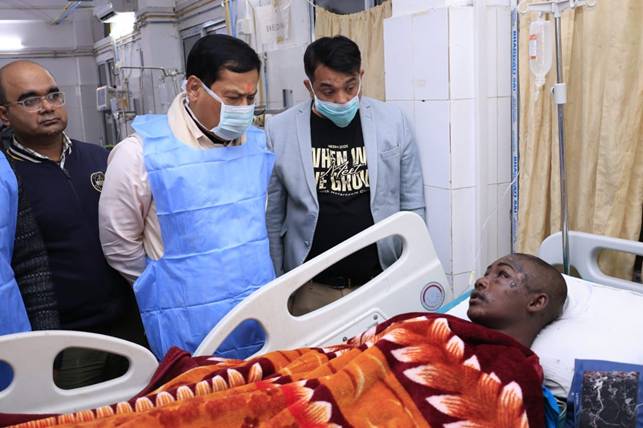
New Delhi: With the General Elections approaching, the Cabinet Committee on Economic Affairs (CCEA) chaired by Prime Minister Narendra Modi today approved a “unique package of innovative schemes” for farmers with a total outlay of Rs.3,70,128.7 crore.
The bouquet of schemes is focused on the “overall well-being and economic betterment” of farmers by promoting sustainable agriculture.
“The initiatives will boost farmers’ income, strengthen natural and organic farming, rejuvenate soil productivity, and ensure food security,” a cabinet note said.
The CCEA approved the continuation of the Urea Subsidy Scheme to ensure constant availability of urea to the farmers at the same price of Rs 242/45 kg bag excluding taxes and neam coating charges. Out of the above-approved package, Rs. 3,68,676.7 crore have been committed for urea subsidy for three years (2022-23 to 2024-25). This is apart from the recently approved nutrient-based subsidy of Rs. 38,000 crore for the Kharif season for 2023-24.
“The farmers need not spend extra for purchase of urea, and this will help moderate their input costs,” the cabinet note said.
At present, the MRP of urea is Rs.242 per 45 kg bag of urea (exclusive of charges towards neem coating and taxes as applicable), whereas the actual cost of the bag comes to around Rs. 2200. The Scheme is wholly financed by the Government of India through budgetary support. The continuation of the Urea Subsidy Scheme will also maximize indigenous production of Urea to reach self-sufficiency levels, the Cabinet note stated.
The Government also claimed that it has protected its farmers from steep fertilizer price rises by increasing the fertilizer subsidy. In its endeavour to safeguard our farmers, the Government increased the fertilizer subsidy from Rs. 73,067 crore in 2014-15 to Rs. 2,54,799 crore in 2022-23.
Nano Urea eco-system strengthened
By 2025-26, eight Nano urea plants with a production capacity of 44 crore bottles equaling 195 LMT of conventional urea will be commissioned. Nano fertilizer releases nutrients in a controlled manner contributing to higher nutrient use efficiency while costing less to the farmers. The application of Nano Urea has demonstrated an increase in crop yield, the note stated.
The note also referred to an increase in indigenous production of urea from the level of 225 LMT during 2014-15, to 250 LMT during 2021-22. In 2022-23, production capacity further increased to 284 LMT. “These along with Nano Urea Plants will reduce our current import dependency in urea and finally make us self-sufficient by 2025- 26,” the cabinet note said.
Besides, the CCEA also approved Rs. 1451.84 crores for Market Development Assistance (MDA) for promoting Organic Fertilizers from Gobardhan Plants. Today’s approved package also consists of an “innovative incentive” mechanism for the restoration, nourishment, and betterment of farmland. Market Development Assistance (MDA) scheme in the form of Rs 1500 per MT will support the marketing of organic fertilizers, such as Fermented Organic Manures (FOM), Liquid FOM, Phosphate Rich Organic Manures (PROM) produced as by-products from Biogas (BG) Plants and Compressed Biogas (CBG) Plants set up under umbrella Gobardhan initiative.
The Government said that such organic fertilizers would be branded in the names of Bharat Brand FOM, LFOM and PROM. This on the one hand will facilitate in addressing the challenge of management of crop residue and problems of Parali burning, will also help in keeping the environment clean and safe and at the same time provide an additional source of income for farmers. Farmers will get organic fertilizers (FOM/LFOM/ PROM) at affordable prices. “This initiative will facilitate the implementation of the Budget announcement of establishing 500 new waste-to-wealth plants under the Gobardhan scheme for promoting a circular economy, by increasing the viability of these BG and CBG plants,” the Cabinet note stated. It further informed that 425 KVKs (Krishi Vigyan Kendras) have laid down demonstrations of natural farming practices and organized 6,777 awareness programs involving 6.80 lakh farmers. Course curricula for natural farming have also been developed for B.Sc. as well as M.Sc. programmes which will be implemented from the academic session July-August 2023.
Another initiative of the package is to introduce Sulphur coated Urea (Urea Gold) in the country for the first time. The Government claimed it was more economical and efficient than the currently used Neem coated urea. “It will address Sulphur deficiency in the soil in the country. It will also save input costs for the farmers and also raise incomes for farmers with enhanced production and productivity,” the note said. It pointed out that about one lakh Pradhan Mantri Kisan Samruddhi Kendras (PMKSKs) had so far come up in the country and for the convenience of farmers, the farm inputs were being provided as a one-stop solution for all needs of farmers.
According to the cabinet note, the approved package will help in the judicious use of chemical fertilizers, thereby reducing the input cost of cultivation for the farmers. Promoting natural/ organic farming, innovative and alternate fertilizers like Nano Fertilizers and organic fertilizers will help in restoring the fertility of the farmland.
– global bihari bureau





